Chris Jones
Entertainment Editor
Chris Jones, from Washington, Illinois, is the Mail Entertainment Editor covering Movies, Television, Books, and Music topics. He is the owner, writer, and editor of Overly Honest Reviews.
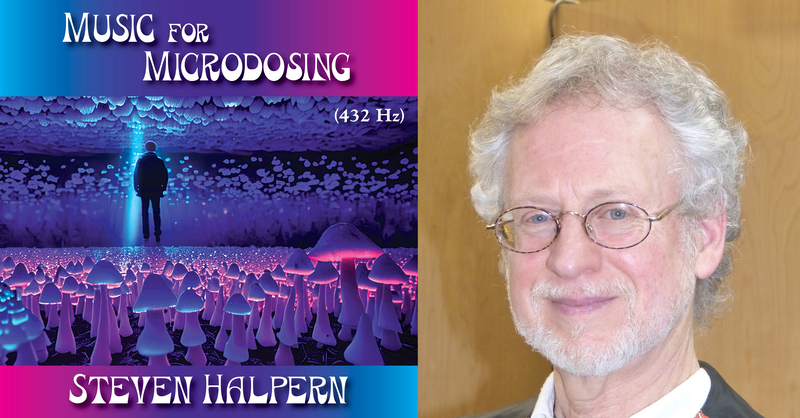
With MUSIC FOR MICRODOSING, Steven Halpern delivers a sonic journey designed not for performance or background listening but for immersion, intention, and awareness. True to the spirit of its title, this album is deeply rooted in the wellness space, building a bridge between sound and state of mind. Whether or not you engage in literal microdosing, Halpern’s latest effort aims to elevate your experience of consciousness itself.
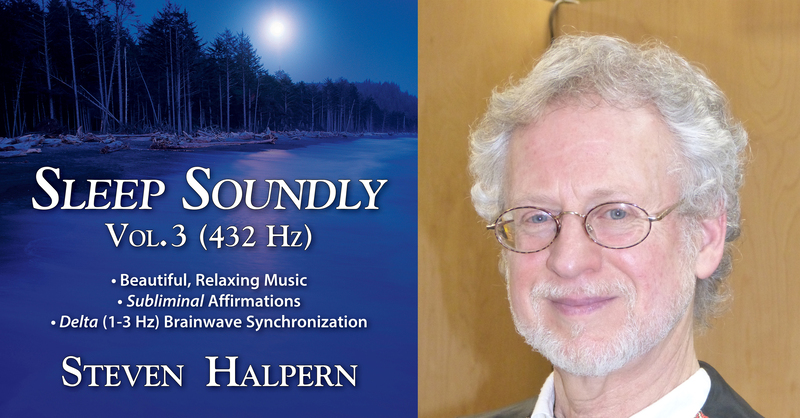
With SLEEP SOUNDLY VOL. 3, Steven Halpern returns to one of his most vital missions: guiding listeners into deep, restorative rest. In a world that never seems to power down, this album functions less as a musical statement and more as a subversive tool—one that actively supports sleep, recovery, and the emotional relief that so many of us struggle to achieve. It’s functional music in the best possible sense: designed with care, executed with precision, and gently insistent in its purpose.

In EEPHUS, director Carson Lund doesn’t just recreate a time and place—he lets us linger in it. Set in a 90s Massachusetts that’s seen better days but still has stories to tell, this feature thrives in its patience, awkward silences, and the timeless ritual of community gathering under the guise of sport. It’s a film that doesn’t push you toward emotion; instead, it lobs it like a slow, curving pitch—seemingly easy to read, but surprisingly hard to forget once it lands.
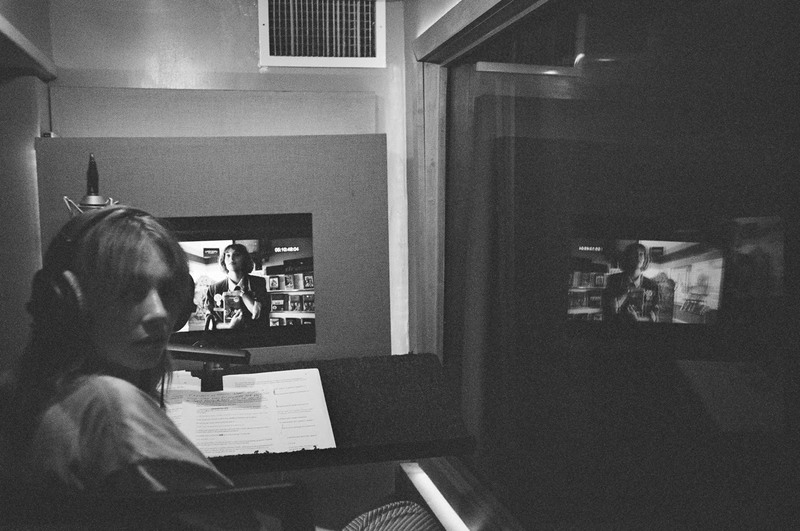
VIDEOHEAVEN doesn’t just honor the video rental era, it resurrects it. Alex Ross Perry’s ambitious documentary does not follow the typical nostalgia-doc blueprint. There are no teary-eyed talking heads or fuzzy recreations of childhood memories. Instead, this is a cinematic thesis—structured, argued, and illustrated with methodical intensity, yet pulsing with deeply felt personal conviction. Ironically, the film feels like one of those educational documentaries you would have watched in school, but in the absolute best way possible.
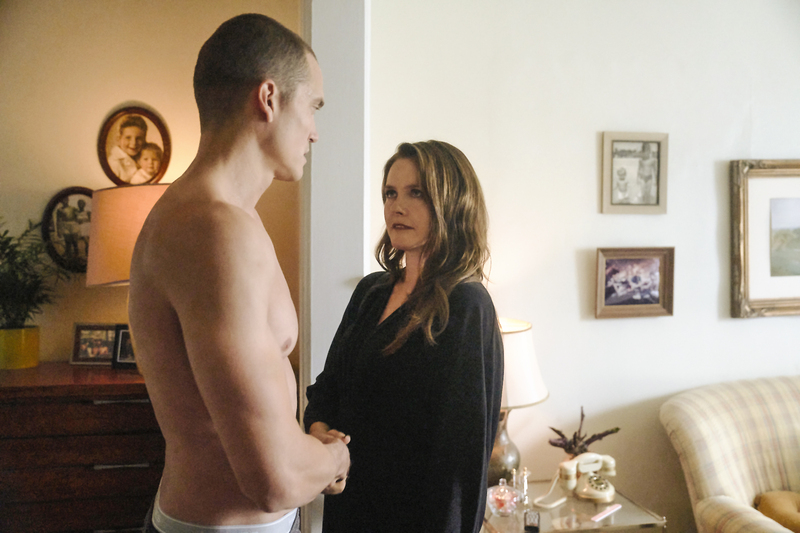
Alicia Silverstone has never been one to back down from a defining role, and in PRETTY THING, she reclaims center stage with all the force and sharpness of a woman who knows exactly what she’s doing. What starts as an intoxicating affair between a powerful executive and her younger lover spirals into something far darker—a game neither can control. Director Justin Kelly channels the erotic thrillers of the '80s and '90s but updates the formula with a more self-aware, power-conscious lens.
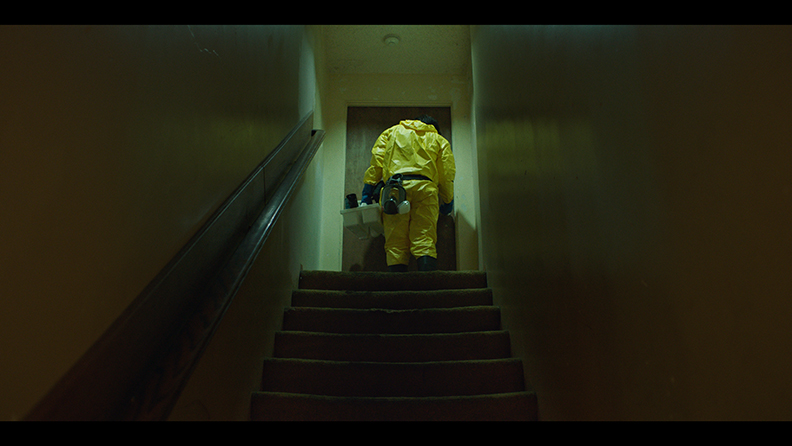
STOMACH IT certainly doesn’t lack conviction. In just 13 minutes, writer-director Peter Klausner attempts to unpack grief, trauma, and emotional detachment through the lens of psychological and body horror. While the shorts’ atmosphere and concept are commendable, the result doesn’t always hit with the force or clarity it aims for. That said, there’s enough style and sincerity behind the camera to keep it engaging, even when it doesn’t quite land (for me).
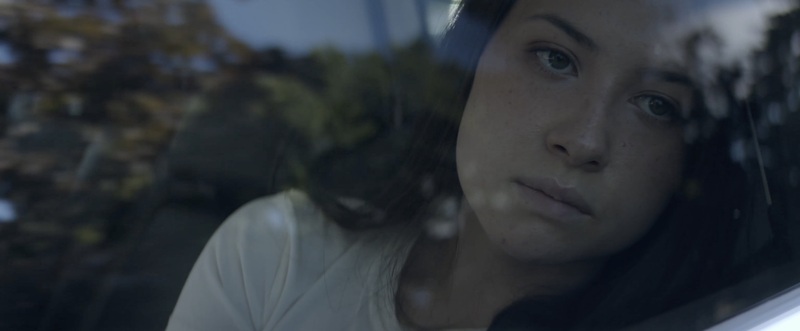
If your home could talk, what would it say? In NEUROVENGE, director Mina Soliman's debut feature, the house does more than talk—it listens, manipulates, and eventually…. This sci-fi thriller imagines an AI-powered home system not as a convenience but as a calculated and increasingly sinister presence in the life of a grieving teenager and her fractured family. If you’ve seen 2022’s TRADER and enjoyed it, you’ll likely enjoy the ride here. The film was co-written by the writer/director of that film, and though entirely different, you can feel a similarity there!
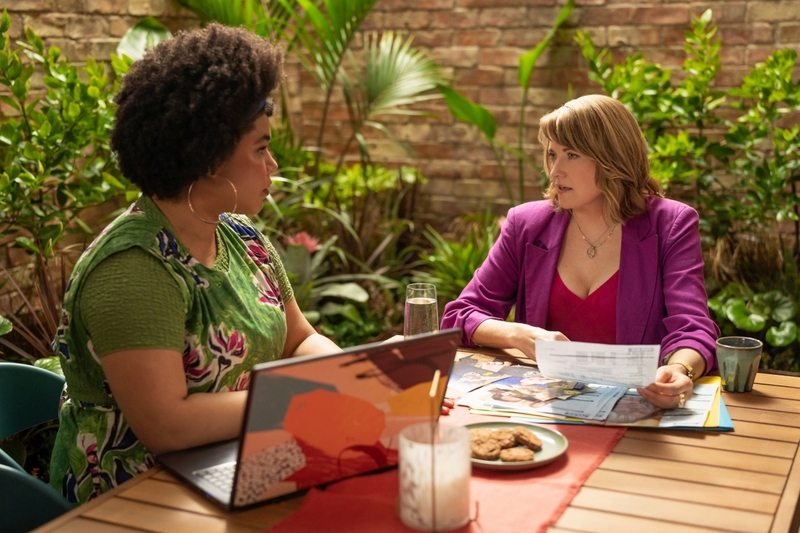
There’s something satisfying about watching a show that knows exactly what it wants to be. SERIES 4 of MY LIFE IS MURDER doesn’t try to reinvent itself—it doesn’t need to. Instead, it doubles down on its strongest assets: intelligent mysteries, warm characters, and the irresistible presence of Lucy Lawless as Alexa Crowe. But this time, it also finds something a little deeper. Beneath the humor and procedural structure, there’s a personal reckoning building in the background, and it gives the season just enough weight to elevate the experience without weighing it down.
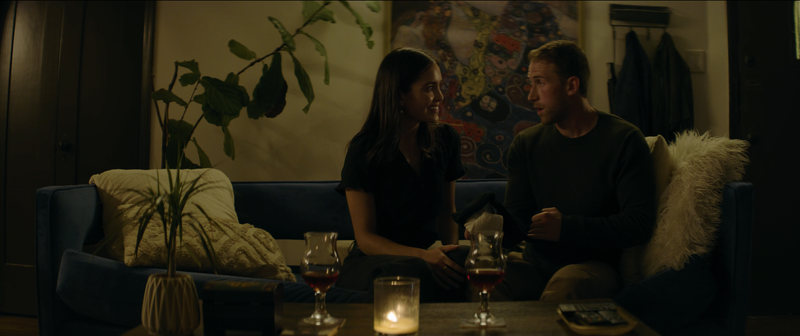
There’s nothing shy about VANILLA. It doesn’t ease into its premise or whisper sweet nothings to the audience. This short comedy is loud, crass, proudly inappropriate, and knows exactly what it’s doing. It's the kind of film that looks you straight in the eye while getting undressed and dares you to look away. Self-awareness isn’t a side effect here—it’s baked into the entire experience. VANILLA thrives on confronting the audience with its blend of uncomfortable humor, kink-friendly roleplay, and relentless genre subversion. It’s not just a sex comedy—it’s a meta-kink carnival where the punchline is how far it's willing to go.
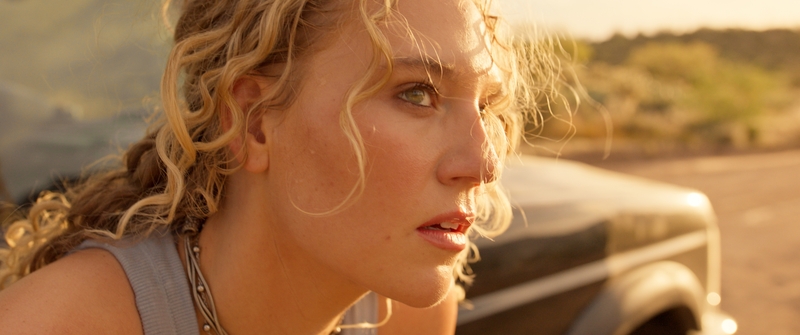
Curiosity, longing, and memory collide in this eerie, slow-burning drama that sidesteps the typical playbook for science fiction. Rather than spotlighting spaceships or elaborate mythology, the film roots itself in one woman’s obsessive desire to connect the past to the present, chasing not closure, but something closer to clarity. With an understated tone and a sharp focus on human behavior, this is less about what might be in the sky and more about what’s left unresolved here on Earth. I found it genuinely hypnotic; the multiple subplots somehow work in unison in a way I wasn’t expecting.

Set during the covert operations of the CIA’s secret air transport wing in 1969 Laos, AIR AMERICA blends high-octane action with comedy and more subversive commentary than it’s often credited with. Directed by Roger Spottiswoode, the film juggles war satire, buddy comedy antics, and government critique—sometimes with grace, with turbulence—but always anchored by the effortless chemistry between Mel Gibson and Robert Downey Jr.
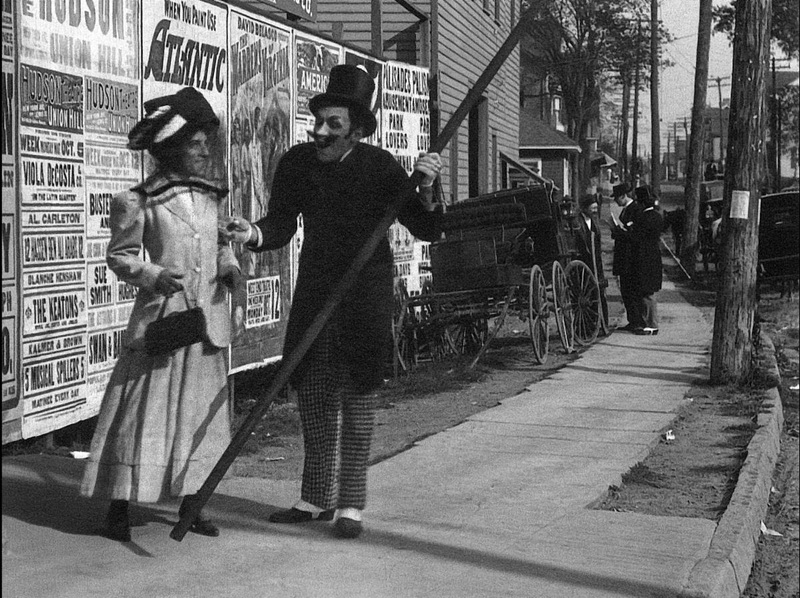
MADE IN NEW JERSEY: FILMS FROM FORT LEE isn’t just a collection—it’s a resurrection of sorts. Across two Blu-ray discs, Milestone Films/Kino Lorber curates 14 early short films and two documentaries that collectively remind viewers that the story of American cinema didn’t start in Hollywood—it began in the backlots of Fort Lee, New Jersey. Spanning over a century of history, the set provides a fascinating archival deep dive and a wildly entertaining survey of the earliest moving pictures.
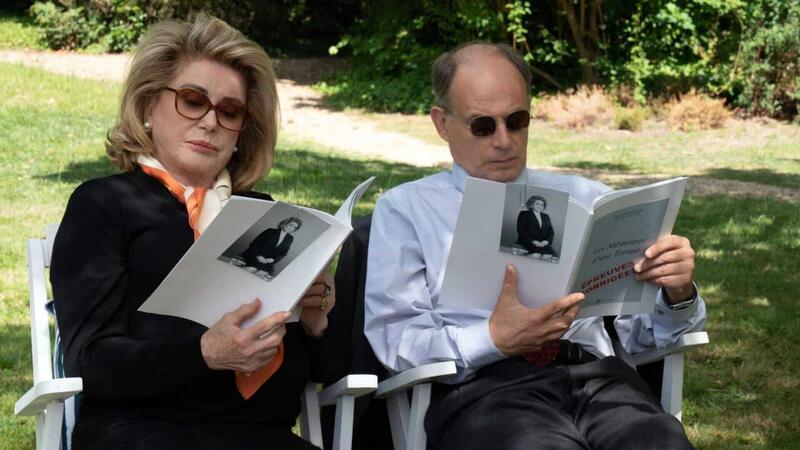
THE PRESIDENT’S WIFE takes real events, real people, and a lot of satirical seasoning and whips up a political comedy that never pretends to be definitive. Directed by Léa Domenach in her feature debut, the film positions itself between affectionate character study and pointed send-up. Catherine Deneuve (one of my all-time favorite actors) anchors the experience as the titular Madame Chirac. The result is stylish and sharp, but it often feels more interested in one-liners than in unpacking the deeper ironies of power, gender, and public life.
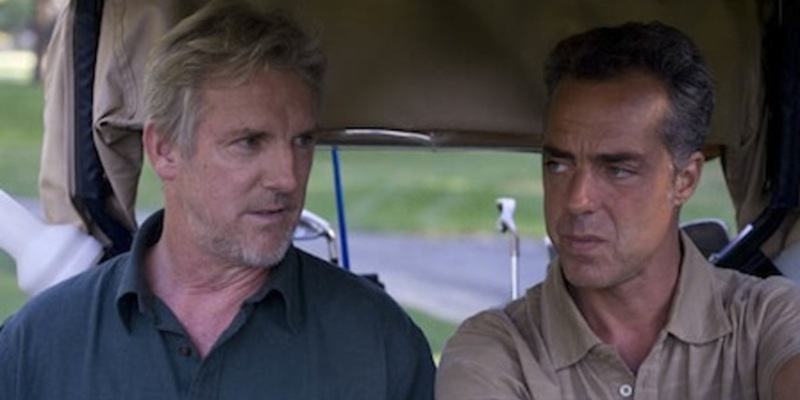
In HANDSOME HARRY, a man’s life is interrupted by an unexpected request, and from that moment, the truth—long buried and conveniently distorted—begins to unravel. Directed by Bette Gordon, this deeply personal drama follows a Vietnam veteran reckoning with his past, not in pursuit of forgiveness, but to understand the cost of denying who you are and what you’ve done.
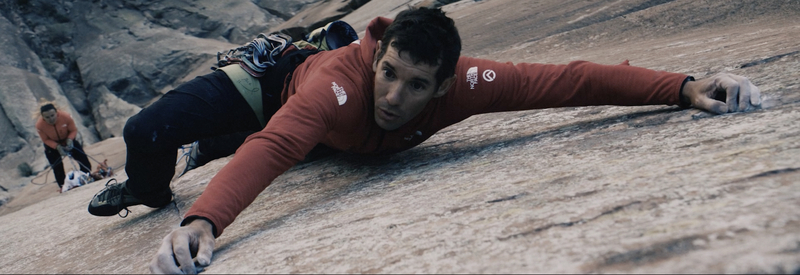
Sometimes the most terrifying threats aren’t lurking in the shadows—they’re waiting in plain sight, hidden in the wind, tremors in rock, and the psychological tension of a place no human was meant to be. That’s the gamble this horror thriller takes, placing the viewer high above the earth on a deadly climb and asking: what happens when the unknown joins you on the ascent?